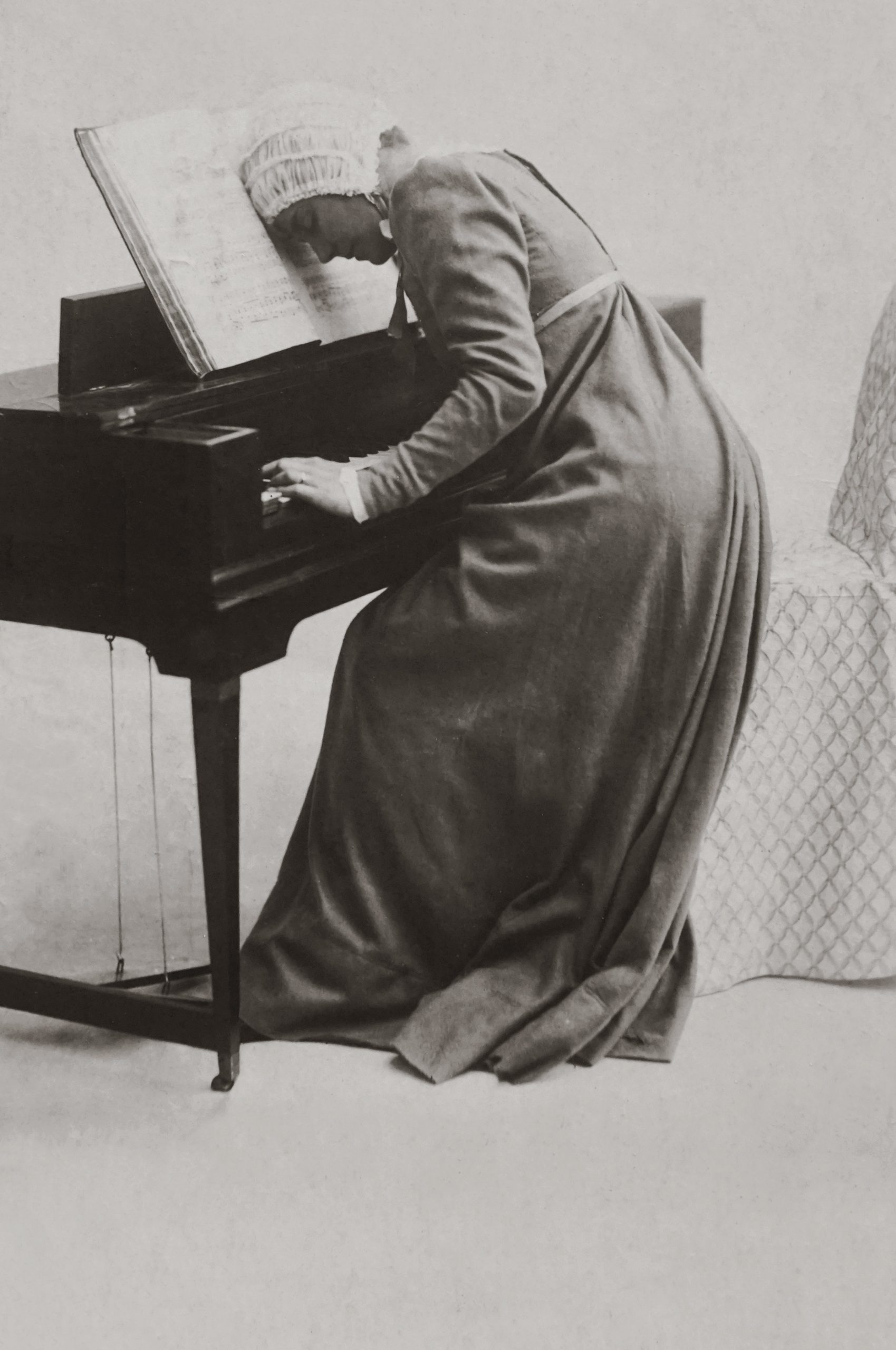Music thrives off of diversity. It lives across cultures, in nature and in memories. It thrives as both community-building and an individual experience. How, then, did musical study become so exclusive?
Higher music education relies on the accepted classical music canon to a fault. A collection of pieces from white European and American men — think Mozart, Chopin, Tchaikovsky, Bach — shape beginning lessons to advanced technical study. This set of composition is traditionally regarded as the most prestigious music in the world, setting a stage for exclusivity.
Loren Kajikawa, author of the chapter “The Possessive Investment in Classical Music” in the book “Seeing Race Again,” examines the perpetuation of white supremacy in college music departments in the United States.
Prioritizing and privileging classical music undermines abundances of pure artistry, brilliance and vulnerability that, to many, are the fundamentals of musical study and performance. The fetishization of classical music is complicit with white supremacy. The study of classical music perpetuates a racist history; early U.S. music schools were founded in the late 19th, early 20th centuries by distinctly separating classical music from other genres considered less cultivated. The continued classical music focus restricts diversity in curriculums, with regard to students, professors and those who specialize in classical music.
“Just as most colleges were not designed initially to serve nonwhite students, university music schools were never intended to teach anything other than classical music,” Kajikawa said.
There are also many students who do not benefit from a mainly classical education and therefore may not study music further. If a student is a talented jazz musician, rap artist or singer-songwriter, studying Beethoven might not be incredibly beneficial to the student’s understanding of their art. The requirement might also dissuade them from continuing.
Simply put, the classical music canon is non-exhaustive for a music curriculum.
Many higher educational institutions are finally experiencing an awakening to the elitist and inadequate curriculums they traditionally follow — UNC-Chapel Hill included.
The music department at UNC posted on its website, “A statement of diversity and inclusion is not enough nor is a one-credit hour global music requirement so long as the core of our BMus and BA degree programs perpetuates the myth of a ‘legit’ music that stands apart from all other musics.”
This statement implies the UNC music department will revisit and reform its curriculum and encourage faculty and students to reconsider previously accepted truths, such as the infallibility of the classical canon.
One facet of this decolonization concerns students individually. Not only does UNC Music strive to begin to make lasting changes to their curriculum, they encourage students to expand their personal repertoires. While student musicians may not intentionally exclude nonwhite music from their own collections, the historical domination of classical music can subconsciously affect perceptions of music. Furthermore, anti-racism requires intentionality, so fostering anti-racism in musical study likewise involves active engagement.
Another perspective, by Nebal Maysaud, likens this awareness to Stockholm Syndrome, comparing classical music with an abuser. As a musician of color, Maysaud recognizes the tools classical study taught them and appreciates the beauty and inspiration of specific classical pieces, but stresses “creat[ing] artwork in our own voices not to behold ourselves to the social construct of Western classical music.”
They call out the institutions which uphold classical music as a pinnacle of culture instead of recognizing it as a placeholder preventing composers of color from creating artwork formed from their own voices and genuine expression. I recommend reading Maysaud’s entire article. They express raw ideas vulnerably and eloquently, critically examining classical music’s place in a world built on centuries of white supremacy.
Regardless of appreciation of classical music, it is time to decentralize the definition of musical excellence and counter classical enamoration with realization, both at individual and institutional levels, broadening understanding of joy and beauty in a way before unperceived.
- Opus No. 4: The Exclusivity of Classical Music Education - November 5, 2020
- The Pitfalls of Slacktivism - August 18, 2020

